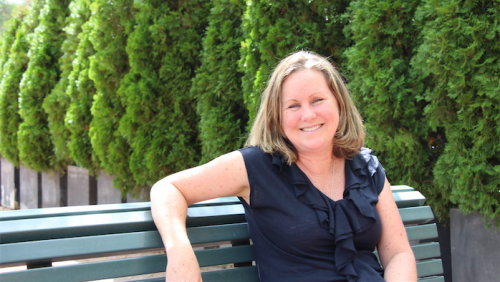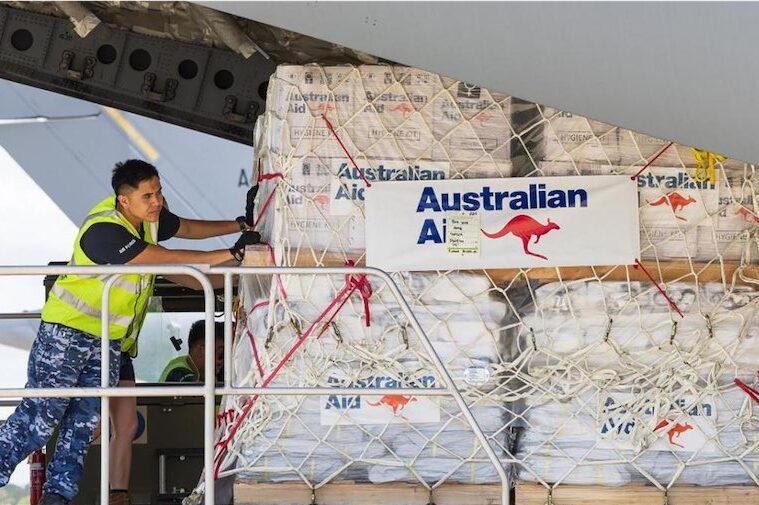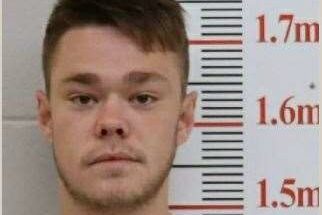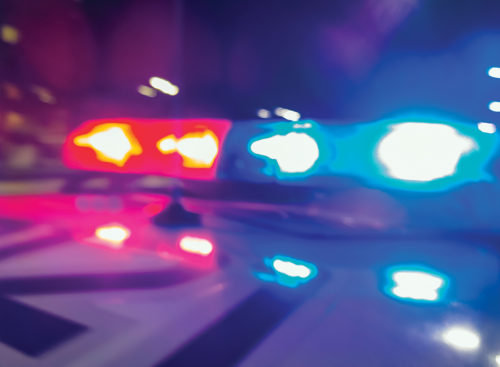
ALMOST 20 years ago Helen Oakey decided to get off the sidelines and join in the fight for climate change.
She’s been fighting ever since and now, as the ACT region’s new executive director of the Conservation Council, she says there’s still work to be done.
“Canberra is very strong on many environment and sustainability issues but there’s still work to do,” she says.
The former Greenpeace political adviser and senior adviser for Greens ACT says she’s worked on national and international issues and is excited to now work on local issues to bring about tangible change.
“I’ve had a long interest in environment and sustainability issues so it’s really exciting to be focusing on the ACT and the ACT region,” she says.
“Combining my background in environmental advocacy and then seven years in the Assembly as a political adviser put me in a strong position to look at environmental issues in the ACT through that lens.”
Helen already has a list of things she’d like to focus on such as transport and waste, but says what’s really fundamental is getting everyone on board.
“It’s really important to take the whole community with us because you don’t achieve real change unless you have the support of both the community and the government,” she says.
“You can put a good policy in place but you need to have all parties committed to get any long-standing change.
“It’s not always possible but it’s certainly something you want to try.”
One of the main things Helen took from her time at Greenpeace was thinking about how to achieve social change in terms of how we protect the environment.
“There are a lot of complexities around social change: people’s beliefs, information they’re given and behaviours,” she says.
“I started working in Greenpeace in 2001, in 2019 we’re still having the conversation of how to achieve recommended emission reductions.
“It’s frustrating but it’s also incredibly sad because we should have actually moved faster by now.
“Having said that, I’m feeling optimistic because we have a younger generation coming through that is so empowered to be heard.
“We have a generation of people who understand it better.”
In recent weeks she says it’s been encouraging to see the student strikes make some noise around climate change and start a reasonable and sensible conversation.
“Canberra is doing many things right in its efforts to be environmentally sustainable, particularly in regards to greenhouse emissions, and has a fantastic opportunity to showcase best practice across other areas of environmental management,” she says.
“But we have more work to do. The next challenge with emission reductions is transport, waste and gas heaters.
“Transport’s a real challenge for the ACT because it’s such a car-based city.
“It’s about getting people on to public transport or shifting people towards electric vehicles or active transport. It’s also about people thinking differently about how they get around and having flexibility.
“It really depends on people’s circumstances and where they live. It can be difficult for people to get around from the outer suburbs or for people juggling a family. But having said that, if you live close to work or school we encourage people to get on a bike.
“The fabulous thing about cycling is it not only gets cars off the road but it has health and wellbeing benefits, too.”
When it comes to waste, Helen says Canberra is still challenged with getting waste to landfill down.
She says one thing we could do is stop thinking of food waste as “waste” and start seeing it as things such as scraps or compost.
Another issue she believes is important is urban heat.
“More tree cover means less urban heat,” she says.
“Increasing our urban tree cover will not only support biodiversity and connectivity, but will also improve liveability in our suburbs, especially in the context of hotter summers and urban densification.”
Continuing on in her fight for climate change, Helen says it’s an exciting time in Canberra to think about how to live sustainably into the 21st century.
“I am really looking forward to working with member groups, government and the community to harness the amazing expertise and knowledge within the Conservation Council to put forward the best options for improving sustainability in the ACT and region,” she says.
Who can be trusted?
In a world of spin and confusion, there’s never been a more important time to support independent journalism in Canberra.
If you trust our work online and want to enforce the power of independent voices, I invite you to make a small contribution.
Every dollar of support is invested back into our journalism to help keep citynews.com.au strong and free.
Thank you,
Ian Meikle, editor





Leave a Reply